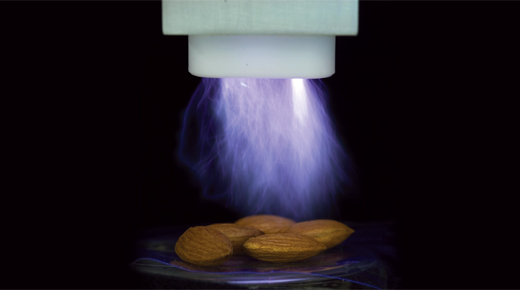Nearly every month, it seems, comes a new report. In March 2018, there was news of contaminated romaine lettuce, which eventually led to five deaths and sickened more than 200 people across the United States and Canada. In May 2018, about 100 people in California got sick after eating raw oysters shipped from British Columbia. Then, at the end of July 2018, the baking company Pepperidge Farm issued a recall for a few flavors of its seemingly innocuous, kid-friendly snack, Goldfish crackers.
|
ADVERTISEMENT |
And the list goes on. At first blush, lettuce, oysters, and Goldfish might not seem that similar—but they and a host of other foods, even such things as peanut butter, baby formula, and potato chips—can all harbor safety risks. The romaine, shipped from Yuma, Arizona, was contaminated with Escherichia coli O157:H7. The raw oysters were contaminated with norovirus, a pathogen responsible for most foodborne illnesses in the United States. The Goldfish snacks? They were recalled because Pepperidge Farm thought one of the seasoning ingredients might contain Salmonella.
…

Add new comment